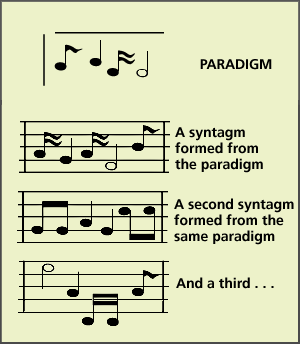A break from monotony.

Since this blog is so evidently cinema-centric, I have decided to focus on two other arts which are vital in my lifestyle and preoccupy most of my time: music and literature. Yes, they fulfill my "Holy Trinity" (move over Jesus, God and Holy Spirit). Even the blog profile structure recognizes that film, music and literature are essential -- it is quite fascinating how much you can discover about a person based upon their tastes and what works they identify themselves through. That, of course, is a strong theme in one of 2005's best: The Squid and the Whale. Oops, I'll shut up about film now (hopefully I can restrain myself).
I read a couple relatively short novels over my week-long spring break.
Post Office is the usual Bukowski -- and that's a compliment; I wouldn't want my Henry Chinaski any other way. Bukowski chronicles his days as a boozer (duh), a lover of multiple vulnerable women, a horse-gambler and an employee of the US Postal Service (where he is far from a poster-boy, of course). His flowing prose, which could mistakenly be labeled as perfunctory (when it is anything but), perfectly mirrors his attitudes and sharply distingues the small moments which reflect a larger picture. Despite the title, I enjoyed the scenes outside of his job (as I'm sure Bukowski did) and the literature really tales off in these moments. Perhaps not as good as the more insightful and "full" Ham on Rye, Post Office is, nonetheless, a quick, unique, depressingly comical and nonchalantly introspective novel.
Also, Henry James' Daisy Miller is a fantastic study on American and European relations (as in identity, conflicts and relationships). An effective American piece masquerading as a British story, this was my second work by James -- and I can most definitely see myself favorably exploring him more in the future.
I've been to a couple shows over the past month.
Animal Collective show: Slightly hit-or-miss and not one of the better shows I have attended this year, but it had a brilliant coda. Plus, I had to deal with an audience that was filled with dirty douchebags in scarves. They tried to start a moshpit at my show. A MOSHPIT at an Animal Collective show? People are silly. Needless to say, the obnoxious adolescents (who smelled like a bar of hotel soap -- grass edition) were terribly irritating. Not a bad time (it was quite fantastic in parts, actually), but I would not be in deep regret for missing it. Also, the fact that I was focusing more on the audience than the stage could be an indicator of how monotonous their act occasionally became. Nonetheless, their exploitation of abstractness in pop music should be appreciated.
Belle and Sebastian/The New Pornographers show: The New Pornographers were, once again, rather mediocre and sloppy (in a non-beneficial way). Despite the absence of Neko Case, however, they actually improved since I last saw them in October (the acoustics are better in this venue than the other one). Carl Newman either needs to put his mouth to the microphone or learn how to sing live. After faltering through the first couple songs, he fortunately improved for the second half of his set. Still, they live up to their name -- similar to pornography, they should be not be seen live because it will expose their falseness. In the studio, however, they're a hit.
Belle and Sebastian, on the other hand, were absolutely fantastic. They have wonderful audience interaction (Murdoch fell off the stage into the audience right in front of me) and put a classy concert-ish spin on all of their songs. They also handed out their complimentary fruit bowl. I got a strawberry. Oh, and they are quite the dancers; Stuart Murdoch dances similar to Molly Ringwald ala "The Breakfast Club" -- not to be confused with her dissimilar dancing moves in "Sixteen Candles" (fuck, I cannot believe this was my first cinema-slip in this entry) -- and Stevie dances like...well, I'm not exactly sure how to classify it. Awesomely odd? Yeah, that will do.





